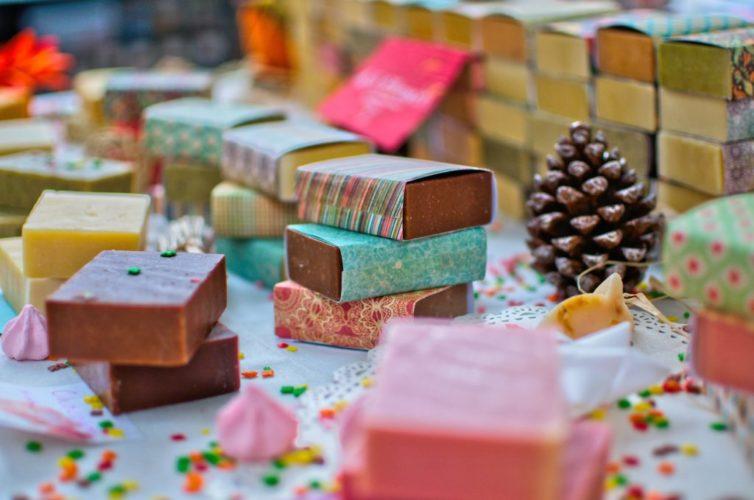World Wellness Weekend 19-20-21 Sept 2025 #WorldWellnessWeekend #WellnessForAll #WellnessWeekend
Publié le

Sustainability goes far beyond initiatives related to recycling & making eco-friendly products. This new mind-set that makes us think long term in product development. It is a combination of imagination and science where we evaluate the long term environmental impact of whatever beauty product we are formulating. Before its production, during its production and its lifecycle once it is released in the environment.
There are 4 large aspects that go into making a product sustainable and all have to be taken into account when formulating and distributing new products:
These 4 pillars are merely a framework to begin to define sustainable products. Many companies are able to quickly implement one or two but usually larger companies struggle to maintain all four. It’s time we truly start to look at our beauty products as being just as important as the food we put into our bodies.
We have long ago stopped relying on heavily processed, chemically laden food to give us the required nutrition. We are much slower however, to transition away from chemical based beauty products. The green beauty market has changed dramatically from “the days of poor quality pigment based ‘makeup’ products, skincare that smells like a greenhouse, or ‘natural perfume’ of pure Jasmine oil in a bottle.
We have access to beauty and hair products that are far superior for the planet as well as our bodies. Instead of harsh chemical products alternative ingredients are found in nature to get better results.
Sustainability in the beauty industry has become a hot topic due to a rise in environmental awareness, new global standards, its profitability and consumer demand.
Being socially responsible is non only the right thing to do but also benefits business regardless of size. Consumers want to know that you as the business owner really care about the environment and that this care translates over to truly caring for them. We are now moving away from Eco – friendliness to Eco- Consciousness in all our decisions. What we put on our skin should be as natural as what we eat!
While we can introduce sustainability at all stages of the product life cycle, data shows that the packaging industry for consumer product goods, which includes personal care and beauty products, generates more than $25 billion in sales worldwide each year.
This demand however comes with a major environmental impact: As much as 70% of plastic waste generated by the industry is non recycled and it ends up in landfills!
Even small changes to packaging practices would make a major positive impact on the environment. Research has found that if refillable containers were used for cosmetics, as much as 70% of carbon emissions associated with the beauty industry could be eliminated.
Consumers are showing a great interest and need for a more sustainable lifestyle, and this also means ensuring their beauty products are fitting into this emerging category.
This shift toward more responsible packaging does appear to be something beauty buyers are expressing interest in and appreciate.
A Harris Poll survey found that 59% of women over the age of 35 say purchasing eco-friendly beauty products is important to them.
Beauty brands must rise to the challenge and lean into recyclable or refillable packaging!
Author of the article is Reena Sheth, an Award winning Spa professional, with over 15 years of experience in operations, with a diploma in Naturopathy from Medicina Alternativa & INPA.
